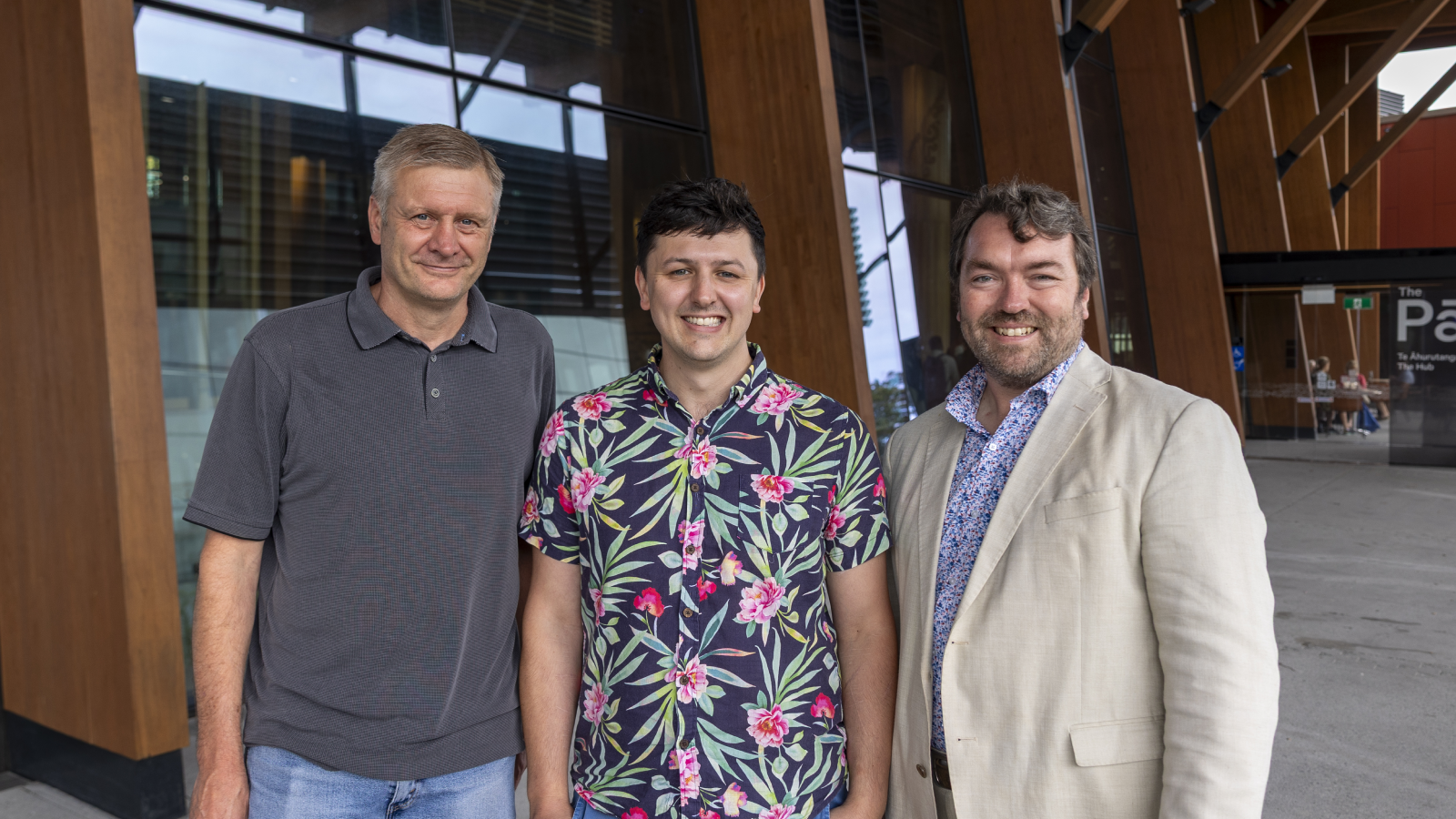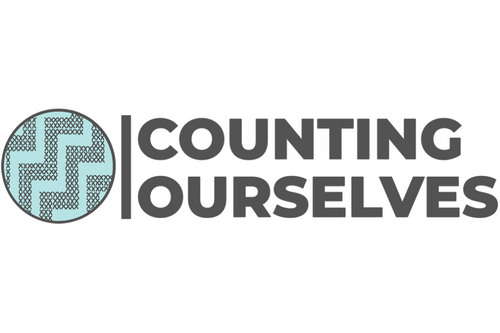Annette Tofaeono (Ngāpuhi) has a background in tourism, which you might think is a long way from a high-level position in education.
After leaving high school in Tokoroa at 16 and doing a hairdressing course, she quickly moved into hospitality, working for several international hotel chains. She worked in many areas, including training and development, and climbed the staff ranks to become a workplace assessor.

Waikato alumna Annette Tofaeono
“It was my husband who encouraged me to take the training side further, and when a hospitality tutoring role was advertised, I applied and got it, which took me into the education sector. It made sense in a way, because hospitality is all about people, learning how to relate to people and how to read them.”
Annette spent six years with NZMA, a private training establishment, and at the same time studied for national certificates in adult education and adult literacy education. She then enrolled at the University of Waikato – the first in her family to study at university – and studied a Diploma in Education and became a team lead for the NZMA national literacy team.
“When I completed the last paper for my diploma, my lecturer asked me what I planned to do next and suggested I do a Master of Education. I was hesitant, but my lecturer recognised that I was capable,” Annette says. She changed jobs, joining Te Wānanga o Aotearoa (TWoA) as a Subject Matter Expert for Literacy and Numeracy. TWoA supported her through her study, for which she is very grateful.
Annette’s thesis subject was The challenges faced by tertiary educators wanting to better support learners with literacy difficulties. She could see first-hand that many students struggled with literacy, often having dyslexia or were neuro-diverse, but she could find little information available to help tutors improve those students’ learning outcomes.
“I found doing my masters tough – it was very challenging,” Annette says. “But I think because I was passionate and interested in what I was doing and could apply it straight into my work, I kept going. Dr Sue Dymock, my supervisor, was fantastic. I learned so much.
“The great thing was I could learn and practice simultaneously – everything I was doing made sense. What I was learning could be seen in the students that we had.”
She says sometimes students open up and say how good it was that someone understood them. “I think the big moment came when one of my students was going to talk about his learning difficulties – a guest speaker in my class of tutors – and he asked if he could bring his dad and step mum along. It was emotional, there were tears, but he felt worthy and included, and it gave him confidence.”
Annette could see that the work she was doing was meaningful and life changing. “But I saw there was so much more we could do. It was really about the small changes making a huge difference,” she says.
Clearly, there were gaps in the knowledge, and while working at TWoA Annette developed a literacy qualification, “He Rautaki Ako (Māmā)”, which teaches educators strategies for supporting learners with literacy difficulties and embeds cultural competency with Indigenous pedagogy throughout. It’s a 12-week course worth 20 credits that people can complete while working. “It’s a unique qualification, and developing this programme was a great experience,” she says.
Last year Annette started a new role at Ako Aotearoa, co-leading “two significant and much-needed initiatives”, the New Zealand Dyslexia-Friendly Quality Mark (DFQM) and the Tapatoru Ako Professional Practice Award.
The DFQM has been developed to instigate positive change in tertiary education settings. It increases inclusivity for adult learners with dyslexia and promotes an educational experience with appropriate support measures during their learning journey.
The second initiative is a professional development tool that takes a whole organisation approach to capability building. It is grounded in mātauranga Māori and looks at tertiary educators’ current values, knowledge and practice. “Tapatoru is relevant to all educators and applies to any level of teaching. It could be a real game-changer for the sector in better understanding our learners’ needs.”
Annette says she learned valuable lessons while studying at Waikato – particularly to follow her passion and believe in herself, be committed, work hard, persevere and develop resilience. “Think about your why; mine was to be a role model to my daughters, (both are now studying at Waikato) to represent my whānau, and wāhine Māori, and to learn and be qualified so I could contribute to positive change in society through my mahi and particularly advocate for those who are challenged in the current education system.”
And for Annette, the learning never stops. She recently completed a Level 4 Te Reo programme and is keen to continue learning te reo Māori and more about her whakapapa.



